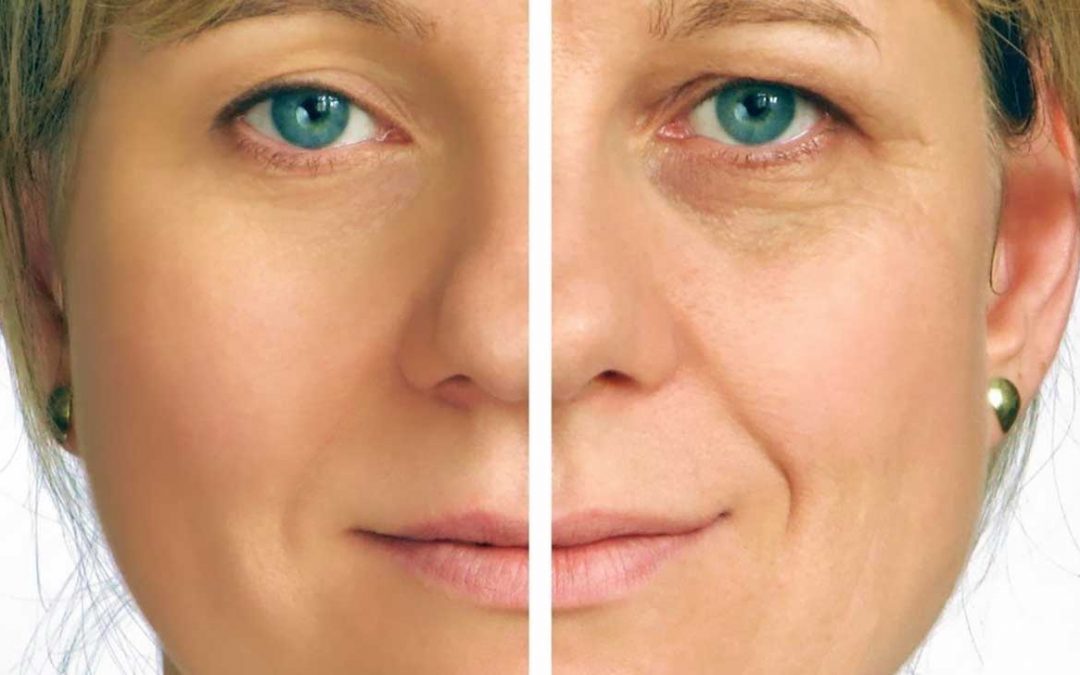6 COMMON SKIN MEDICATION PROBLEMS IN AGING, & WHAT YOU CAN DO
As we age our skin changes in many ways, including how it responds to medications. This is especially important when using over the counter topical products or natural remedies for various health issues that can affect our skin. The following are 6 common medication problems in aging and what you can do about them:
1. Transdermal progesterone creams can increase your risk of sun sensitivity.
When progesterone is applied to the skin, it doesn’t pose a threat of excess estrogen or of excess adrenal hormone production. A transdermal cream that is absorbed into the bloodstream however, does pose this risk of excess estrogen. This is because progesterone cream applied to the skin is converted into estrogen in the skin. For this reason, it is important to avoid sun exposure when using progesterone cream, and to use a sunscreen with an SPF of 30 or higher.
2. Topical steroids can thin your skin.
Topical steroids are medications that are applied directly to the skin to reduce pain, swelling, itching, or other skin conditions. These are available in creams , ointments , sprays , gels and liquids . While these provide important benefits for various skin conditions including dermatitis , eczema , poison ivy or oak reactions, sunburns or insect bites, one drawback is the thinning of the skin. This can occur with both short and long-term use of topical steroids, and is more likely to happen in people with lighter skin tones. To help prevent thinning of the skin, avoid using topical steroids on large areas of your skin, and only use them for a limited time.
3. Antibiotics can cause dry skin.
Antibiotics kill bacteria and some can have side effects on skin condition. This is particularly true in the case of antibiotics used to treat acne , which work by killing acne-causing bacteria. In addition, some antibiotics may cause photosensitivity or a rash . To prevent dry skin when using antibiotics, it is important to drink plenty of fluids and to use a moisturizer .
4. Retinoids can cause redness and irritation.
Retinoids are medications derived from vitamin A that are used to treat skin conditions such as acne, wrinkles, psoriasis, and sun damage. They work by speeding up the growth of new skin cells and by decreasing the size of oil glands. While retinoids provide many benefits, they can also cause redness and irritation. This is more likely to occur when starting treatment with a retinoid, but it can also happen later on in treatment. To help reduce the chances of this happening, start with a low dose of the retinoid and increase the dose gradually. Use a moisturizer and sunscreen daily, and avoid sun exposure.
5. Hydroquinone can bleach your skin.
Hydroquinone is a medication that is used to lighten dark patches of skin, such as those that occur with melasma . It works by blocking an enzyme called tyrosinase, which is needed for the production of melanin, the pigment that gives skin its color. While hydroquinone is very effective at lightening skin, it can also cause your skin to become lighter or even bleach in color. To avoid this, start with a low dose of hydroquinone and increase the dose gradually. Use a sunscreen daily, and avoid sun exposure.
6. Benzoyl peroxide can cause redness and peeling.
Benzoyl peroxide is a medication that is used to treat acne . It works by killing the bacteria that cause acne, and by decreasing the amount of oil on the skin. While benzoyl peroxide is very effective at treating acne, it can also cause redness and peeling. This is more likely to occur when starting treatment with benzoyl peroxide, but it can also happen later on in treatment. To help reduce the chances of this happening, start with a low dose of benzoyl peroxide and increase the dose gradually. Use a moisturizer daily, and avoid sun exposure.
When using topical medications, it is important to follow the directions for use on the container.
